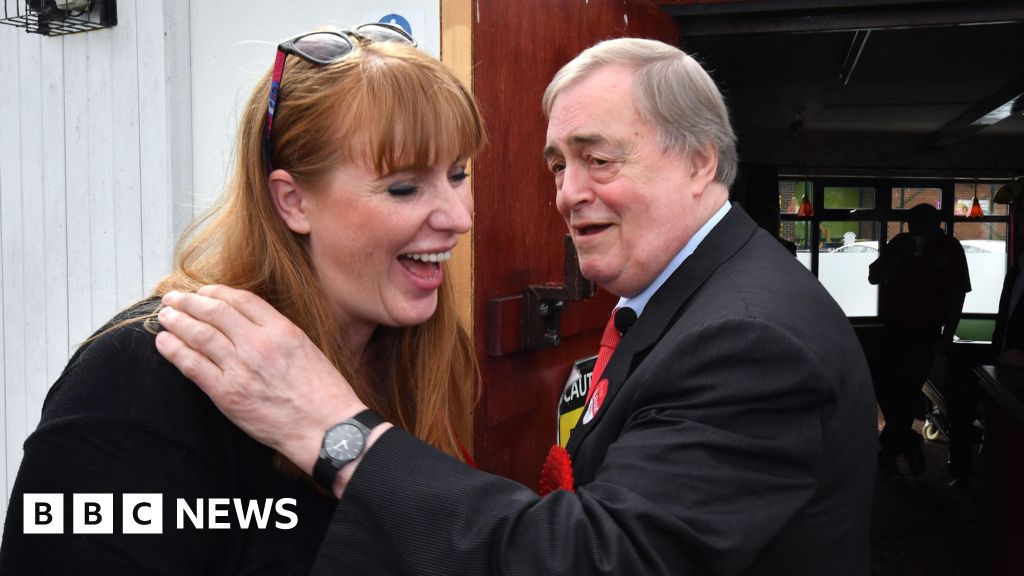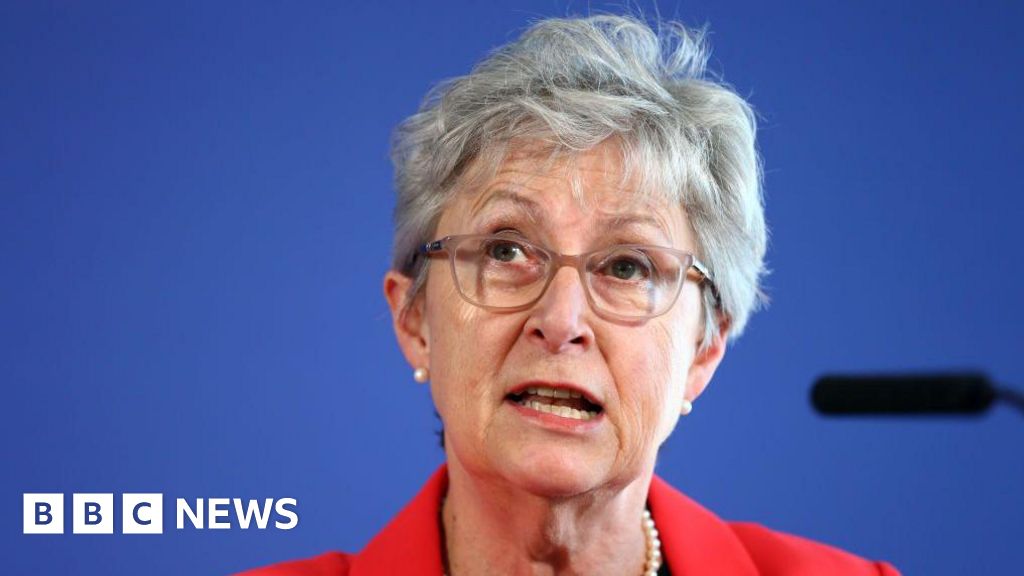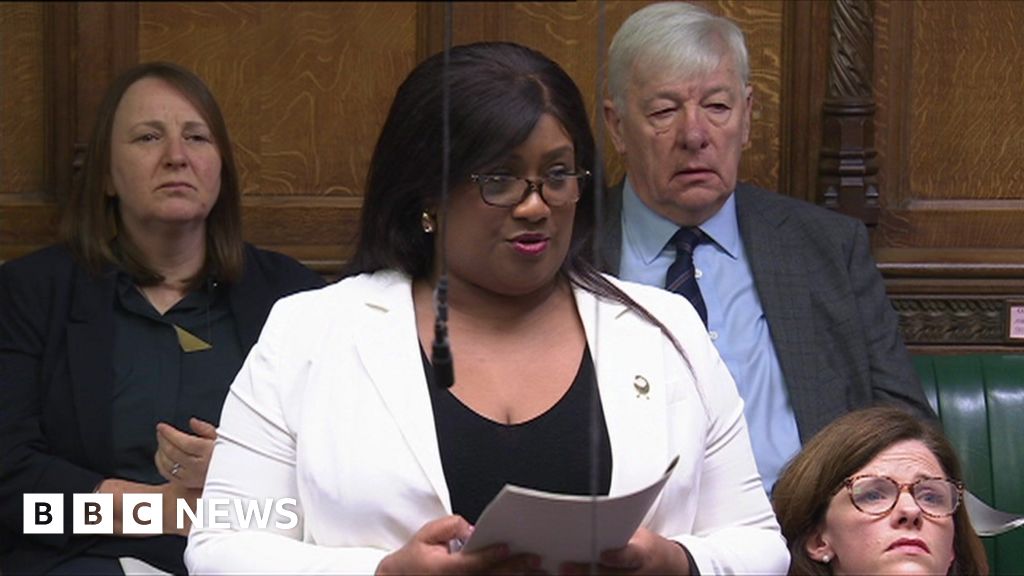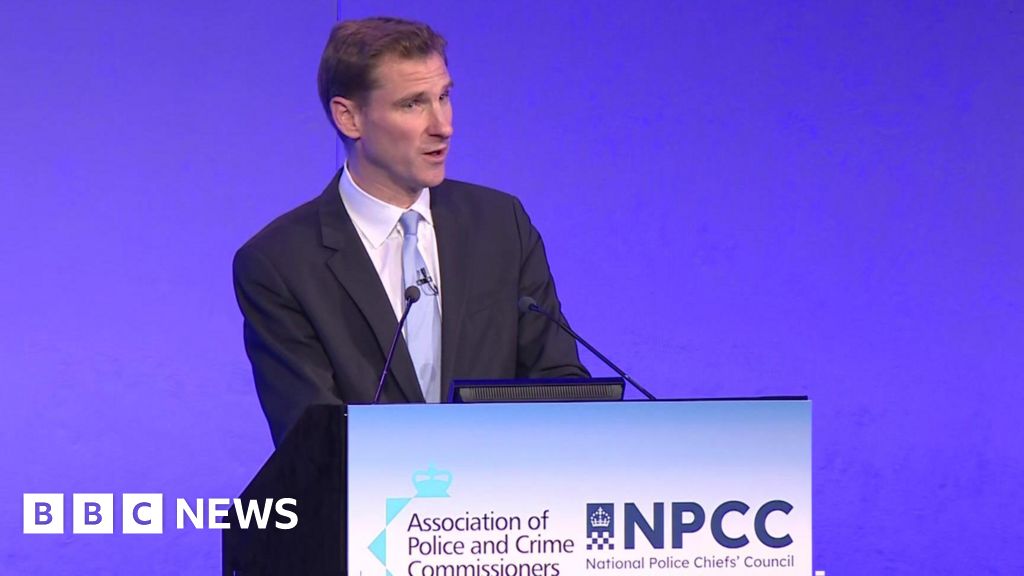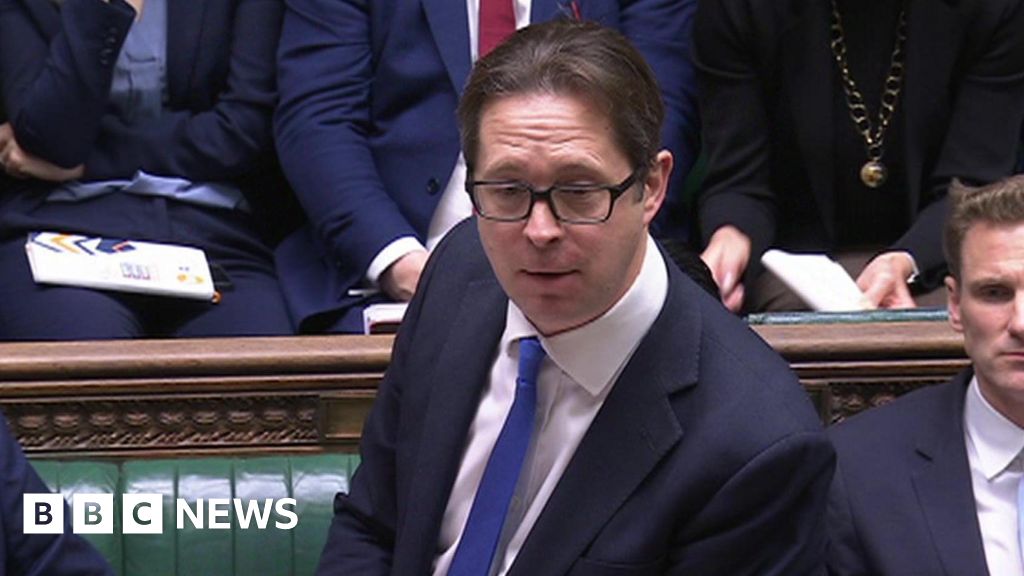Hospices will receive extra support to ease the burden of rising National Insurance (NI) contributions, the health secretary has promised.
The hospice sector has warned that increased employer NI contributions and rising wage bills could create a shortfall of tens of millions of pounds next year.
Hospice care is free to use, but unlike the NHS, hospices receive only a third of their funding from the government, relying on charity contributions for the rest.
Speaking on BBC Breakfast, Wes Streeting said he would change the government's grant to "make sure we're protecting our hospices" - with details announced before Christmas.
Hospices are charities that care for people with a terminal diagnosis to the end of their life, which could be weeks or many months away, either:
- in their own home, with medical staff visiting when required
- in a hospice, which will aim to provide care tailored to individual needs in a calmer atmosphere than a busy hospital
In September, Hospice UK said 2023-24 “was by a distance the worst financial year we have ever seen for the hospice sector”.
The industry body estimated the sector was heading for a deficit in the region of £60m this year - mostly driven by increased staffing costs.
Figures gathered by Hospice UK showed a fifth of UK hospices had cut services in the past year, at the time when demand for hospice care was growing.
Asked about these issues, Streeting said he recognised "employer National Insurance contributions were a challenge for hospices.
"I’m currently looking through our budget for the next year and how we allocate resources, but I want to make sure that we’re protecting our hospices.”
Pressed on when he would be able to say more, Streeting replied: “I recognise that they need to be making decisions for the next financial year, so before Christmas.”
He told the BBC his family had experienced first-hand the "really essential support for people at end of life or life-limiting conditions".
"I can not praise the hospice movement enough, I want to see more of that end of life care available," he said, adding this was highly topical in the context of the assisted dying bill published yesterday.
Many campaigners have argued improved end-of-life care would reduce demand for assisted dying.

 1 week ago
6
1 week ago
6



